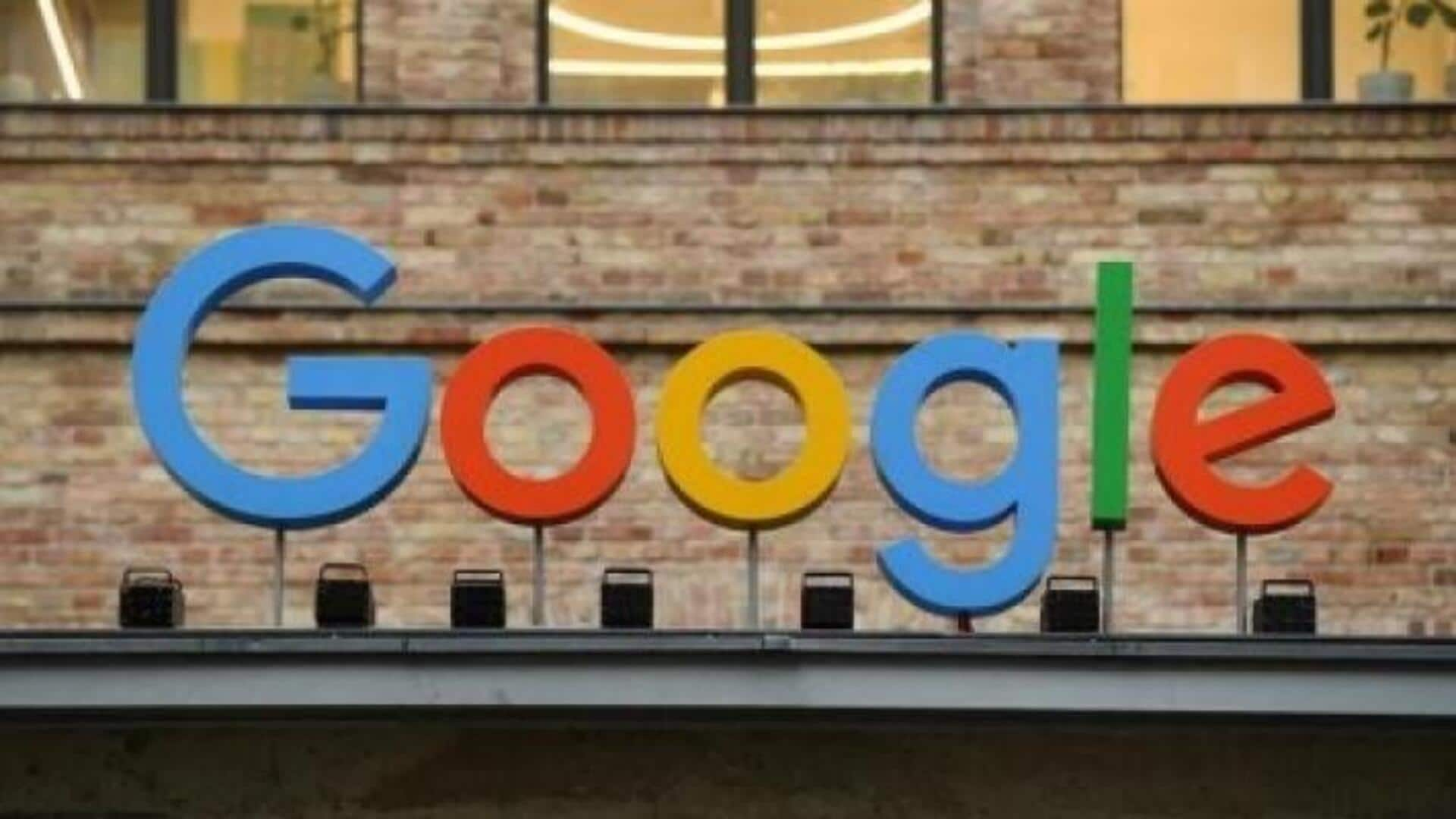
Turkey investigates Google over alleged anti-competitive practices in online ads
What's the story
Turkey's competition authority has launched an investigation into Google's Performance Max (PMAX), an AI-powered advertising tool. The probe aims to determine whether Google is engaging in anti-competitive behavior by using unfair practices that harm advertisers and restrict fair competition in the online advertising market. The Turkish authority's investigation will also look into Google's data consolidation practices. The main concern is that these practices could give Google an unfair advantage in the online advertising market.
Tool overview
What is Google's Performance Max ad service?
Performance Max is an ad service that uses artificial intelligence (AI) to place ads across various platforms, including Gmail, Google Search, YouTube, and more. The system automatically determines the best ad placements for brands. However, regulators are now questioning if this gives Google too much control over the online advertising market. This follows wider scrutiny of tech giants and their impact on competition and consumer choice in digital markets.
Ongoing litigation
Google battles EU fine for anti-competitive practices
The investigation comes after Google recently lost a major battle in its long-running legal fight against a €4.1 billion fine from the European Union. The fine was imposed on the company in 2018 for allegedly using its Android operating system to stifle competition. Advocate-General Juliane Kokott at the Court of Justice of the European Union (CJEU) backed the EU's stance on Thursday, recommending that Google's appeal be rejected and the fine upheld.
Competition concerns
EU's original case against Google
The European Commission had accused Google of forcing phone makers to pre-install its services on Android devices. This practice, which began in 2011, allegedly made it harder for other companies to compete in the mobile market. A lower EU court agreed with these findings but slightly reduced the fine last year. Google then appealed to the CJEU, but Kokott said that Google's arguments were weak and that the company held a dominant position in the Android ecosystem.